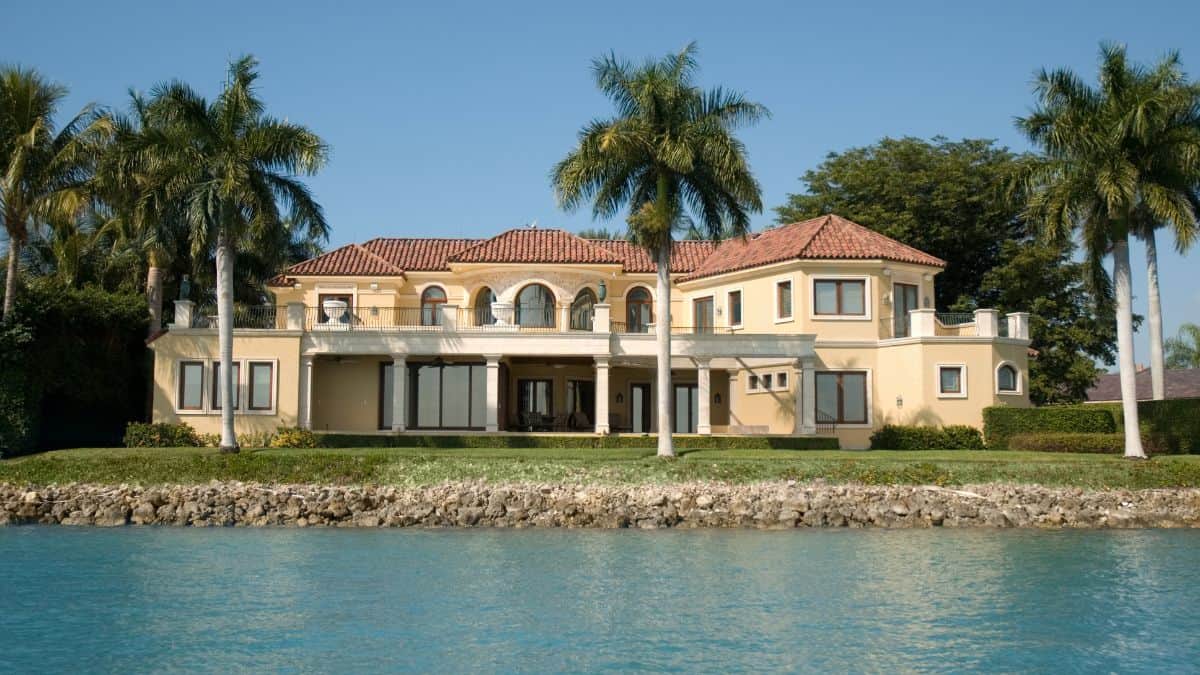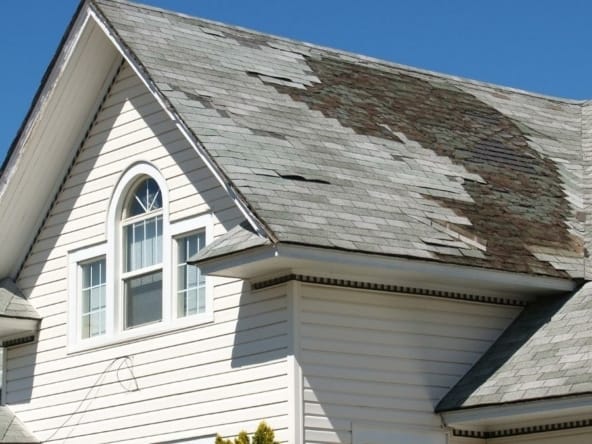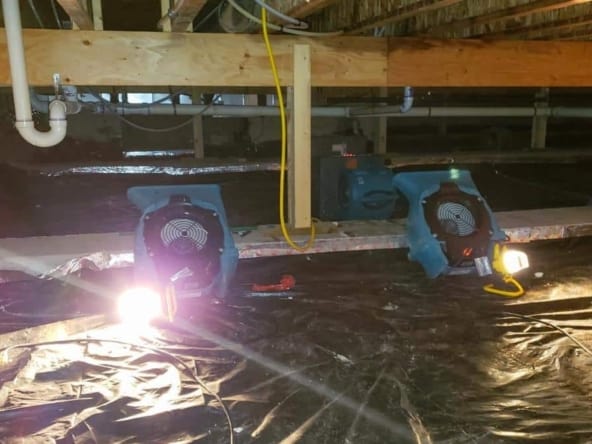While people go through life, they learn what they like and use their money as effectively as possible.
However, some people question why old people bother with big houses when they start to age. If they live alone or only with their spouse, they don’t need the additional space for kids.
Even though it might seem like they don’t need the space, they purchase large houses for a reason.
Typically older people buy houses for these 7 reasons.
1. Having Debt
Many older people in the United States have mortgage debt which continues to grow. Many may have gotten mortgages when the housing market was at a lower price. However, they still need to repay the loan, so they stick with the home.
While they could sell the home and find a new one, they may not want to since other houses cost more money or mortgage rates are higher than their current loan.
So for some of them, it makes the most sense financially to stick with their larger homes and hold off until they find an ideal time to sell their houses.
They may want to sell their home now, but the market is down, and they are waiting for home values to go up. So if they face that situation, they’ll naturally wait for the value to increase before selling their house.
2. Letting Relatives and Guests Visit
Even though older people may not use every room in their homes, they sometimes purchase larger homes for guests. For example, they may have multiple children and even grandchildren, so they want to provide space for them whenever they visit.
People love it when family and friends visit them during the holidays, so older people will naturally accommodate them. They’ll use the additional rooms to let people stay at their place and have extra spaces to let people spend time with them.
They may even let people live with them for a while if they need a place. But, sometimes, older people like to have more space to accommodate others consistently.
3. Having a Renter
While older people may be able to afford a large home, they still want additional income to help them out. So when they take that approach, they’ll offer some of their home as rental space to make money.
They may have a home with a basement, so they let someone live in the basement while they stay on the first floor. They usually utilize the extra space to create a bedroom, a living room, a bathroom, and a kitchen for someone to stay there.
Not only does a renter help them use the space, but the person also provides the home with additional security. Since another person lives in the house, it becomes harder for burglars to break in and steal from them.
4. Preparing for Retirement
People need to focus on retirement as they start to age. Since the older generations know they’ll need to cover their retirement, they’ll purchase larger homes to prepare for it. Doing so ensures they find a house where they feel comfortable as they get older.
They may not know what may happen in the future, so the additional property can help them out. Not only can the owner offer space to people as needed, but they can also wait for the home value to increase and sell it later on.
Having additional property makes it easy to sell your home, get more money from it, and move to a new location. Since older people realize this, they’ll purchase larger homes while they can afford them and sell them if they ever need to move.
5. Storing Belongings
Even though older people don’t seem like they need the space, they may have belongings they plan to keep. For example, they may have multiple pieces of furniture, cars they want to hold onto, and even some hobby-related belongings.
They don’t plan on ditching their belongings, so they have larger homes to give themselves enough space. If they get a new house, they usually go with a larger one than the previous one or a home around the same size.
While they have more space to clean, they also have enough space to keep everything they want in their homes.
6. Saving a Home for Their Kids
The older generation sometimes holds onto large homes, not for themselves but for their children. Since they can afford the taxes now and enjoy the house, they’ll let their children inherit the home once they pass away.
Such an approach means their kids can live in and own the home. Since the parents already paid for the house, the kids don’t have to worry about a mortgage. They can then stay in the home and utilize the space for their families.
If they don’t want to live in the home, they can always rent it out or sell the house. Such a property will work great for older people who want to help their kids and impact their lives after they pass away.
7. Avoiding Claustrophobia
Some older people may not want to live in a smaller home since they don’t want to feel claustrophobic. If the owner gets a smaller house than they usually have, they may feel like they don’t have enough space.
Not only do they not have space for their belongings, but they don’t have as much room to move around. Such a situation can make them feel uncomfortable in their homes, so they avoid the problem by purchasing larger houses.
They may face even more claustrophobia if they share the space with a spouse or anyone else. As they purchase larger homes than they need, they don’t have to worry about this issue.
Conclusion
While it may seem like older people don’t need to buy larger houses, they usually benefit from it. Otherwise, they wouldn’t bother purchasing big houses, so now you can understand why they buy these homes.
Whenever you understand people and their needs, you can help them while also developing more empathy. Doing so will improve you as a person, help you understand why people do the things they do, and apply those ideas to your life.




